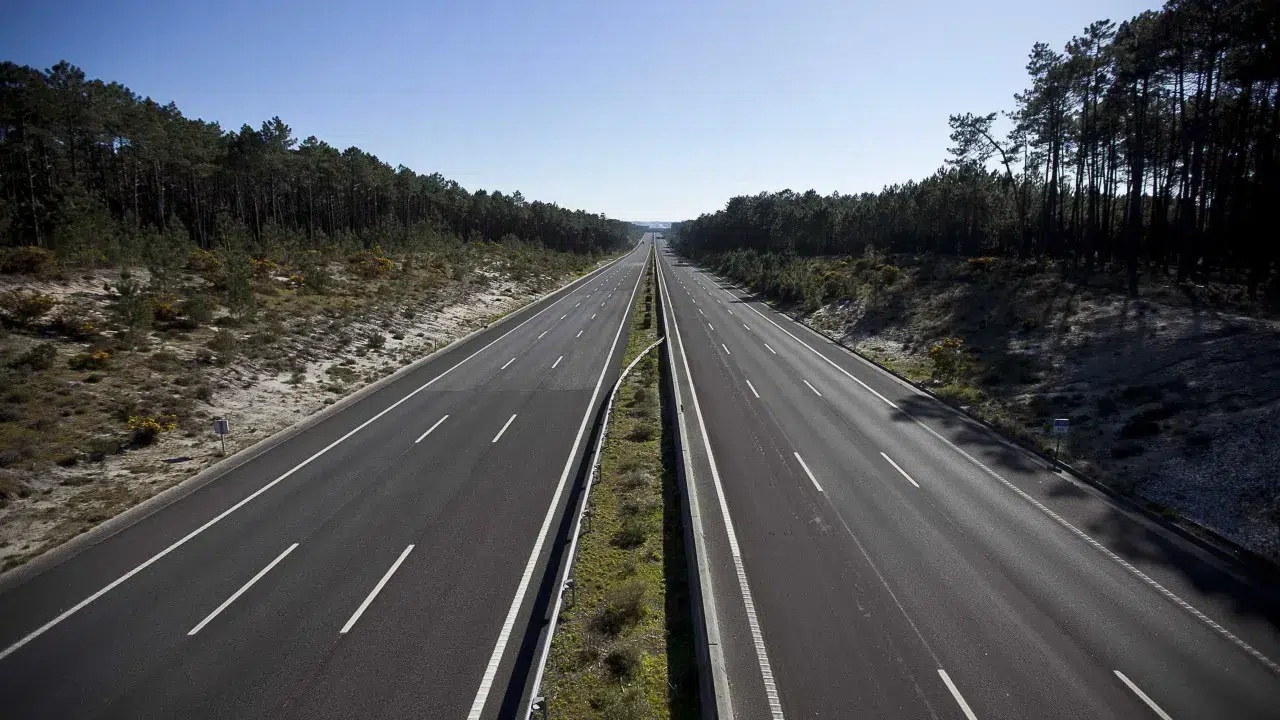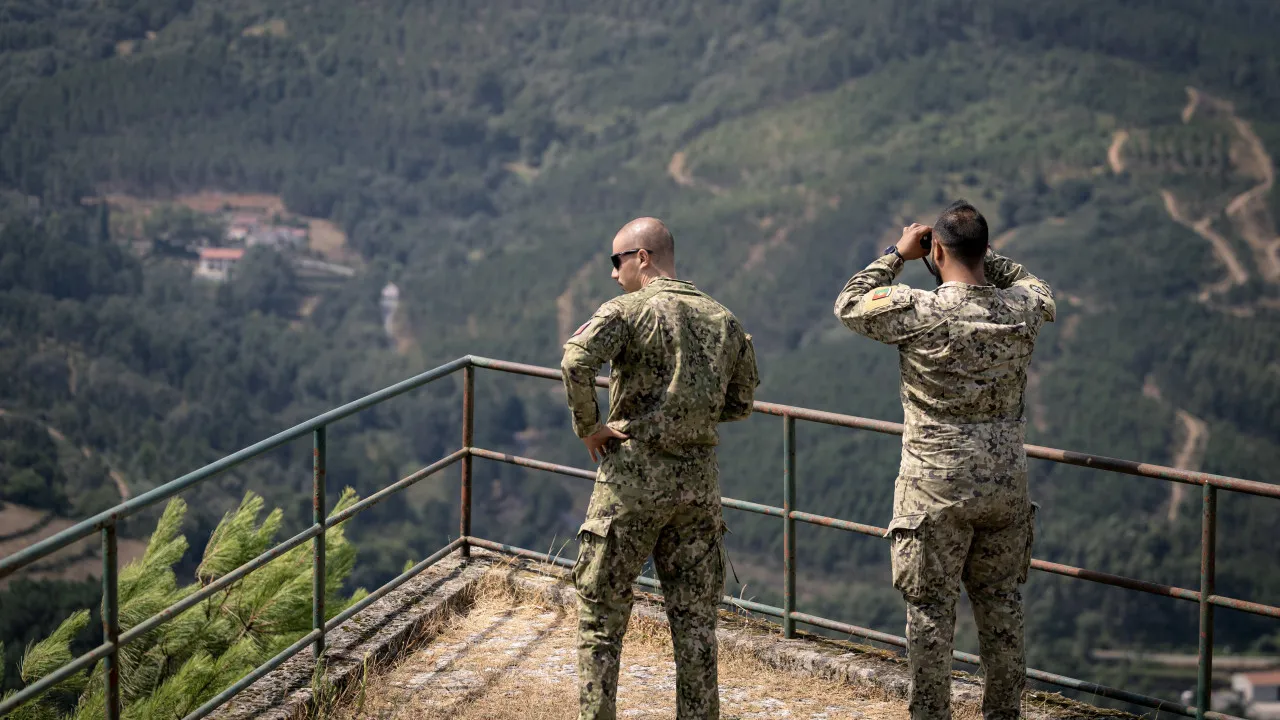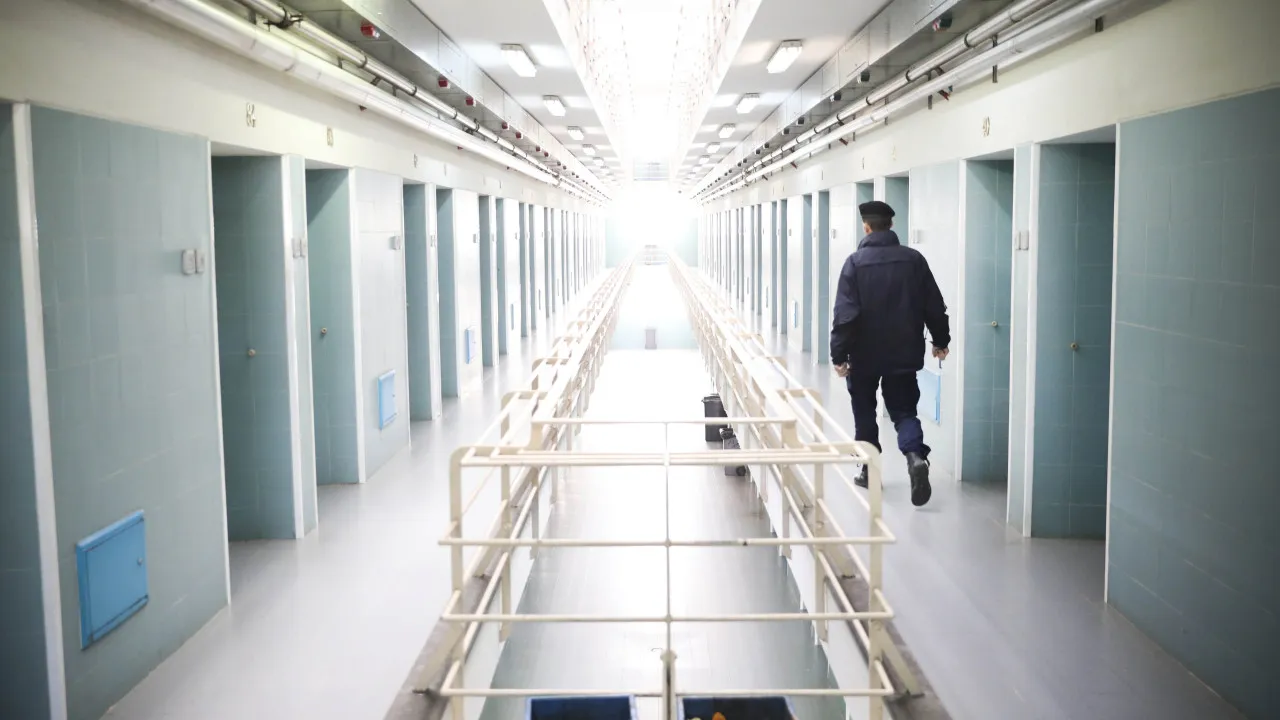
“If this order is altered, all considerations we can make about the exclusive economic zone, the continental shelf, or other [jurisdictions] derived from international law and relations may be at stake,” stated Gouveia e Melo during a virtual address from Lisbon at the Leadership Summit held at the Technological Park Auditorium in Praia.
He highlighted potential changes in thinking, suggesting, “There might be new ways of thinking, saying it’s not fair for a small country to have so much maritime territory, which should be divided by population or another logic.”
Gouveia e Melo stressed that Portugal and Cape Verde should “carefully consider” the alliances they establish, noting, “I’m not just talking about military alliances, but also political, cultural, commercial; all these are at play.”
He emphasized, “We will all experience moments—and I’m not only referring to Cape Verde—where only intelligence, common sense, extensive diplomacy, and culture will be of service amidst a world order being constructed based on power.”
Drawing attention to geopolitical tensions, he observed, “We see an attempt of a power to violate another’s borders to rewrite geography and history”—alluding to Russia’s invasion of Ukraine—coupled with the “benevolence” of the U.S. administration, which also expresses territorial ambitions towards Greenland.
He contended that the U.S. acceptance of “new borders in eastern Ukraine may herald a new world order founded on power.”
In his address, Gouveia e Melo advocated for a joint strategy between Portugal, Cape Verde, and São Tomé and Príncipe to advance the Atlantic blue economy.
“I believe we, the Portuguese, Cape Verdeans, and São Toméans, should forge a very special agreement (..) which I call the Macaronesia that speaks Portuguese,” he proposed.
He argued that “this set of territories, if united through a development strategy—intermediating this new transnational blue economy around the Atlantic, with an Africa expected to double its population—could be a significant outlet for our positioning, both politically and economically.”
Identifying as an “Atlanticist,” Gouveia e Melo described himself as “operating in the center of a future linkage hub, crucial for half of the world’s population.”
Apart from biotechnology, fisheries, transport, or other sectors traditionally linked to the sea, he pointed to the connection between the Atlantic and the “economy of the future,” involving digital services anchored in submarine cables, facilitating Cape Verde’s potential to attract new investments.
“Having a place with data, connections, and energy,” boosted by the development of renewable energy sources, “are vital elements for this new economy, in addition to tourism and culture,” currently Cape Verde’s wealth drivers, he concluded.




